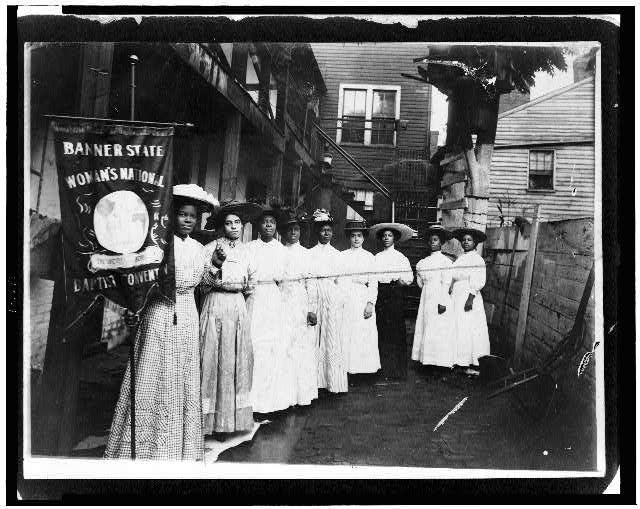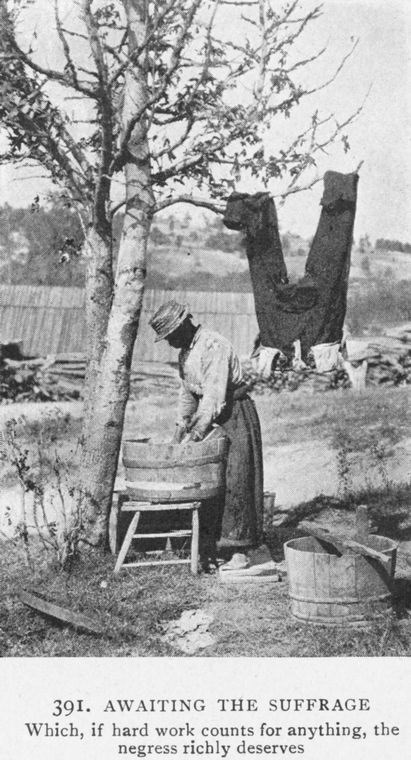Counting Down with #19 Suffrage Stories: 100th Anniversary of the 19th Amendment
Tune in on Instagram and Twitter to learn 19 stories you may not know from the Library of Congress, Smithsonian and National Archives. Every weekday from August 3 through Women’s Equality Day, August 26, we’re counting down from 19 to 1 with a new story each day on our Instagram and Twitter feeds.

How the Suffrage Movement Betrayed Black Women
The suffragist heroes Elizabeth Cady Stanton and Susan B. Anthony seized control of the feminist narrative of the 19th century. Its [the narrative’s] worst offenses may be that it rendered nearly invisible the black women who labored in the suffragist vineyard and that it looked away from the racism that tightened its grip on the fight for the women’s vote in the years after the Civil War. Read more HERE.

Between Two Worlds: Black Women and the Fight for Voting Rights
Series: Suffrage in America: The 15th and 19th Amendments
During the 19th and 20th centuries, Black women played an active role in the struggle for universal suffrage. They participated in political meetings and organized political societies. African American women attended political conventions at their local churches where they planned strategies to gain the right to vote. In the late 1800s, more Black women worked for churches, newspapers, secondary schools, and colleges, which gave them a larger platform to promote their ideas. Read more HERE.
The Black sorority that faced racism
in the suffrage movement but
refused to walk away
By Sydney Trent
The air was chilly, the trees still bare, yet the sky was clear and bright. March 3, 1913, was shaping up to be a perfect day for a grand and purposeful parade. A spectator observing the vast sea of faces that day might have been excused for thinking that all the marchers were White. Yet a combing of the crowds would have revealed African American women, unlisted in the official program, who had for decades battled racism within the movement to take their rightful place in history. Read the entire article HERE.